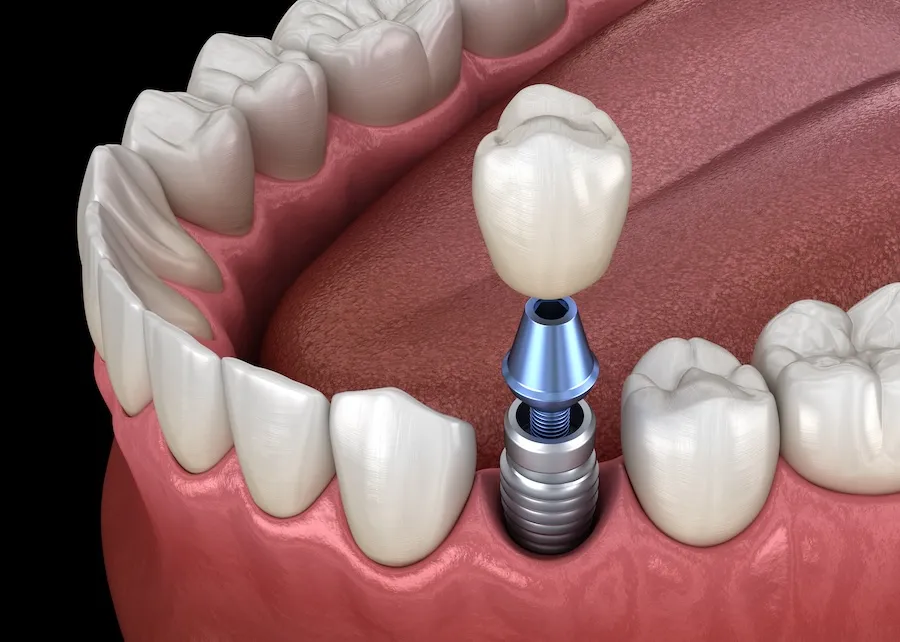The Differences Between Plastic Surgery and Injections
Understanding the differences between plastic surgery and injections will help you choose a procedure that’s right for your goals. Both treatment types are related to the enhancement of the physical appearance and are performed by plastic surgeons. Their differences include the methods used, patient goals, and results. Here are some of the main differences between plastic surgery and injections:
Definitions and Procedures
Cosmetic or plastic surgery is a general term that refers to procedures that modify or reconstruct various body parts. It includes procedures like facelift, nose surgery, and breast augmentation. Plastic surgery involves the use of advanced tools to sculpt tissues and structures for reconstructive or cosmetic purposes. Cosmetic surgery often involves the use of anesthesia, incisions, and stitches, making it a permanent solution. Injections are non-surgical procedures that involve the use of substances such as Botox or dermal fillers. These injections are minimally invasive and are often done using a needle to place the material in specific facial regions. Appearance concerns addressed by injection fillers include fine lines, wrinkles, and loss of volume in the skin.
Longevity of Results
Surgery offers permanent or long-term solutions to cosmetic and functional issues. A rhinoplasty surgery modifies the shape of the nose to improve breathing and physical appearance. Breast augmentation provides long-lasting changes until the implants are surgically removed or replaced. This makes plastic surgery a preferred option for those who want permanent changes to their appearance. Injection results are temporary, allowing individuals to adjust their treatment preferences over time. Botox may last between 3 to 6 months. Dermal fillers can last up to 18 months, depending on the type of filler used and the application area. Maintenance sessions and touchups are needed to maintain the achieved effects.
Practitioner Expertise
Cosmetic surgery can only be performed by a board-certified plastic surgeon who has undergone extensive training in performing intricate surgeries. This confirms that the patients are safe and that the procedures yield positive results. Injections require a skilled practitioner to administer them. Injections can be performed by dermatologists, plastic surgeons, or other qualified medical personnel. While the injection procedure is faster and less invasive than surgery, it requires precision and knowledge of anatomy. This helps to prevent adverse effects and achieve satisfactory results.
Candidacy
Plastic surgery uses incisions to correct body deformities, requiring candidates to be healthy and free of diseases that may hinder the healing process. Some conditions that may restrict healing include uncontrolled diabetes or bleeding disorders. Injection candidates should have clear, healthy skin that is free from infections. A good candidate does not have allergies to the injectable substances.
Having reasonable expectations of what can be achieved makes an individual good candidate for cosmetic surgery. This is because the treatment can help with major issues such as structural alterations, but how fast the results are noticeable differs. Candidates for injections should be aware that the treatment provides fine enhancements rather than drastic changes, which are only temporary. When individuals have a clear understanding of their aesthetic preferences and potential results, they can set realistic expectations for their treatments.
Recovery Process
Both treatment types require some form of aftercare to achieve high-quality results. Cosmetic surgery requires more rest time from the patient after the procedure. Surgery recovery also involves follow-up visits and compliance with personalized postoperative regimens. Injections require individuals to perform proper skin care routines and attend follow-up treatments to maintain their effectiveness. The recovery time for injections is significantly shorter than surgical procedures and ranges from several hours to a couple of days.
Consult With a Certified Plastic Surgeon
Knowing the differences between plastic surgery and injections enables you to make the right decisions for your body’s physical appearnce and functionality. Plastic surgery addresses major issues that can’t be fixed through other means, such as a deviated septum or loose skin. Minor cosmetic issues, like fine lines, wrinkles, and facial volume loss, can be addressed with injections. Injections can be administered multiple times per year, depending on your appearance goals. Some injections have functional purposes, as they relax specific muscles to reduce the effects of jaw tension and migraines. A cosmetic surgeon can help you determine the most suitable treatment plan for you. Contact a surgeon today to learn more about their cosmetic services and schedule a cosultation.











Post Comment